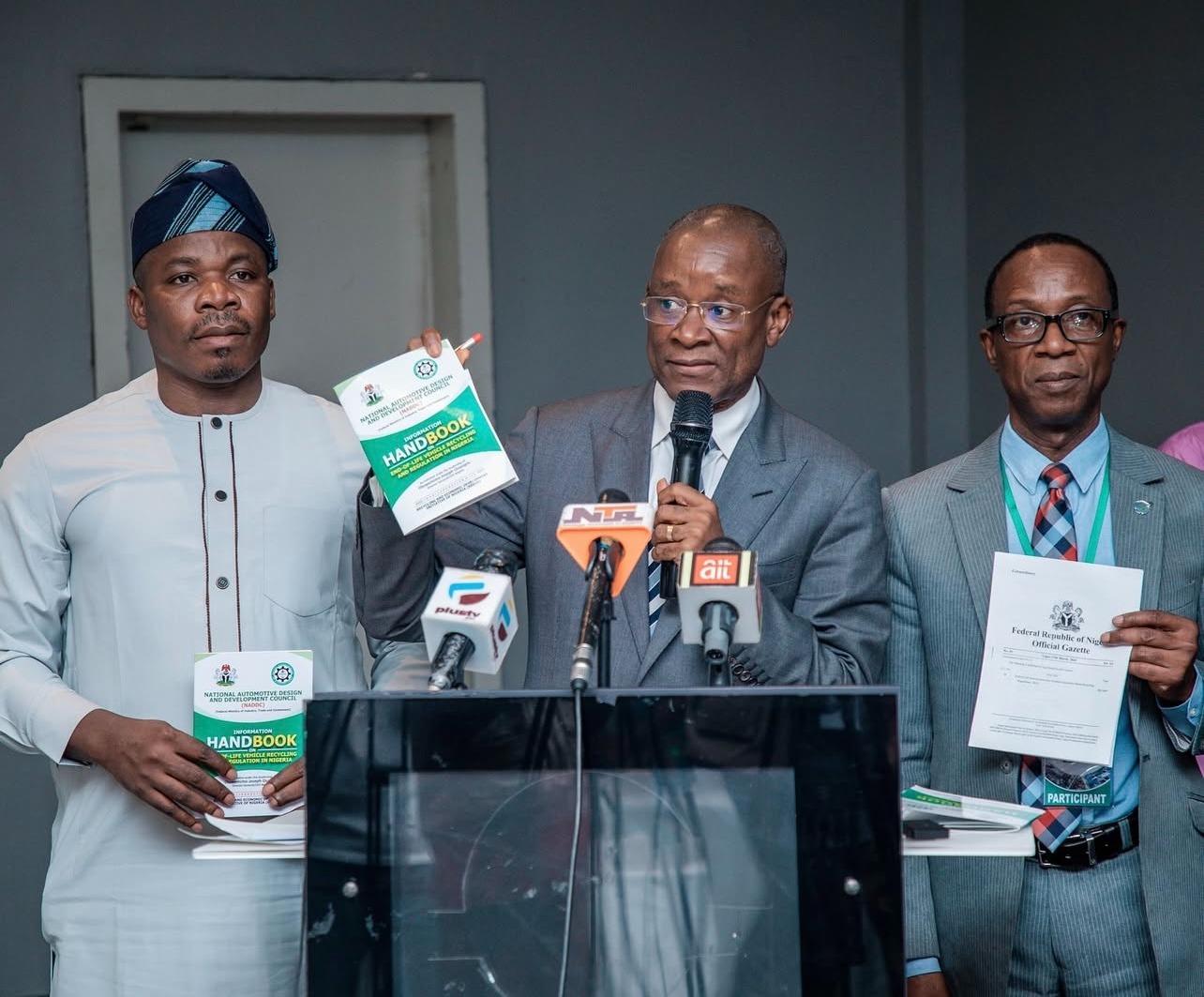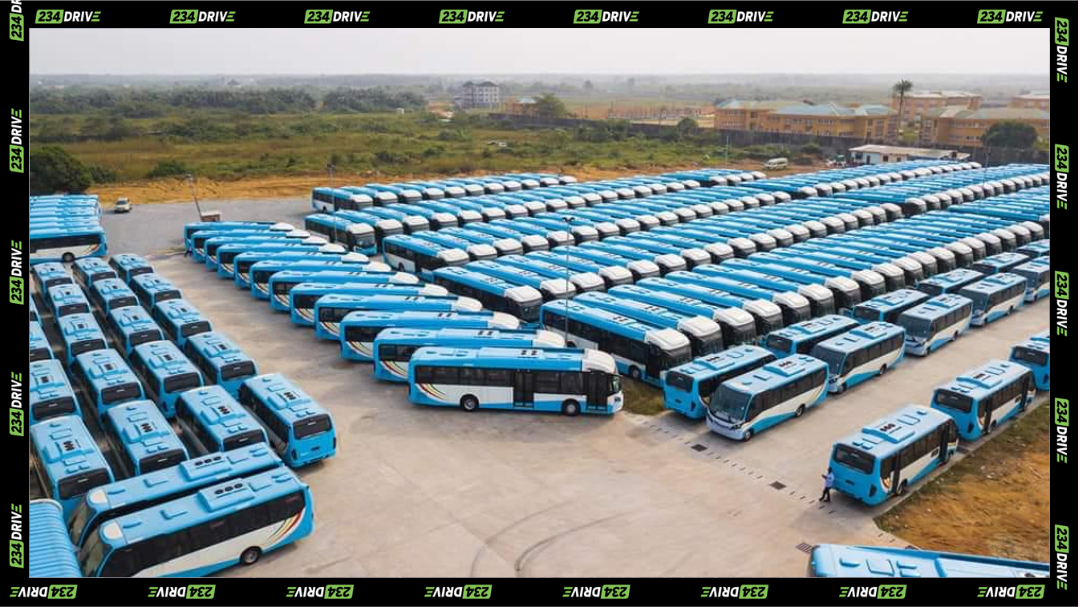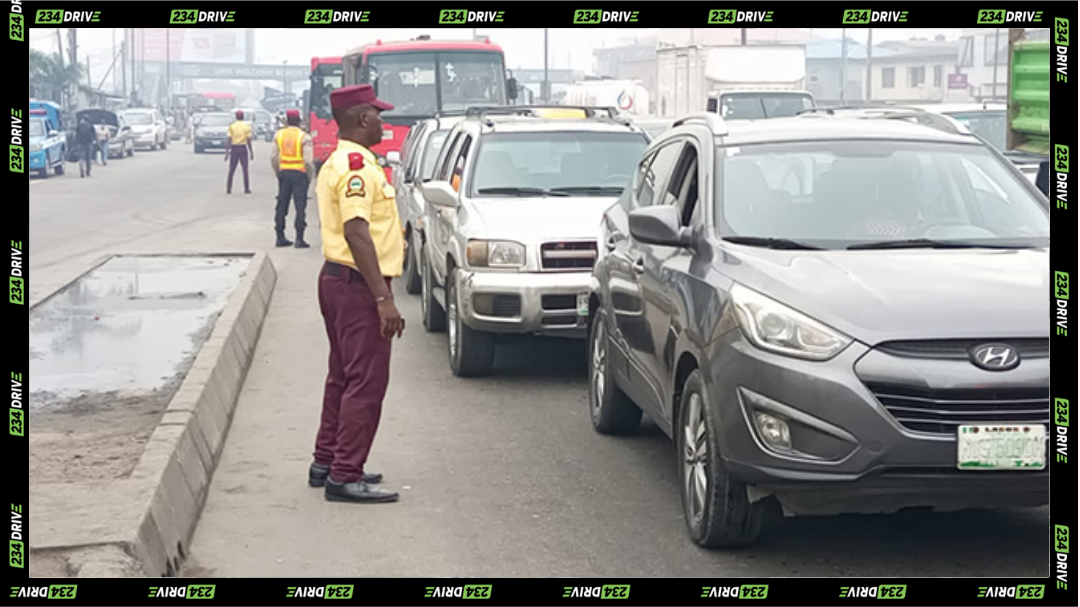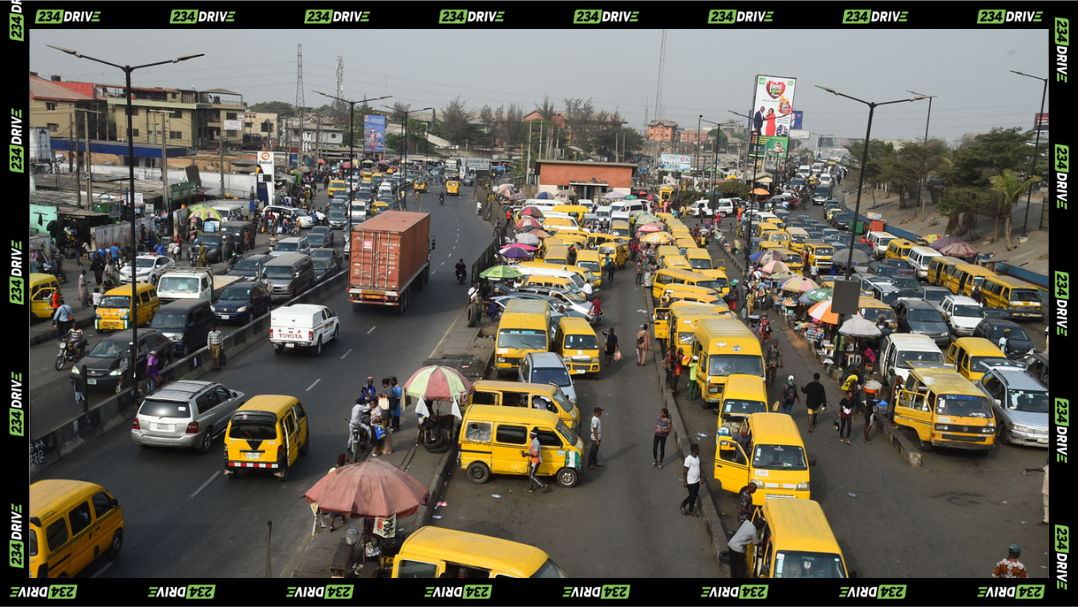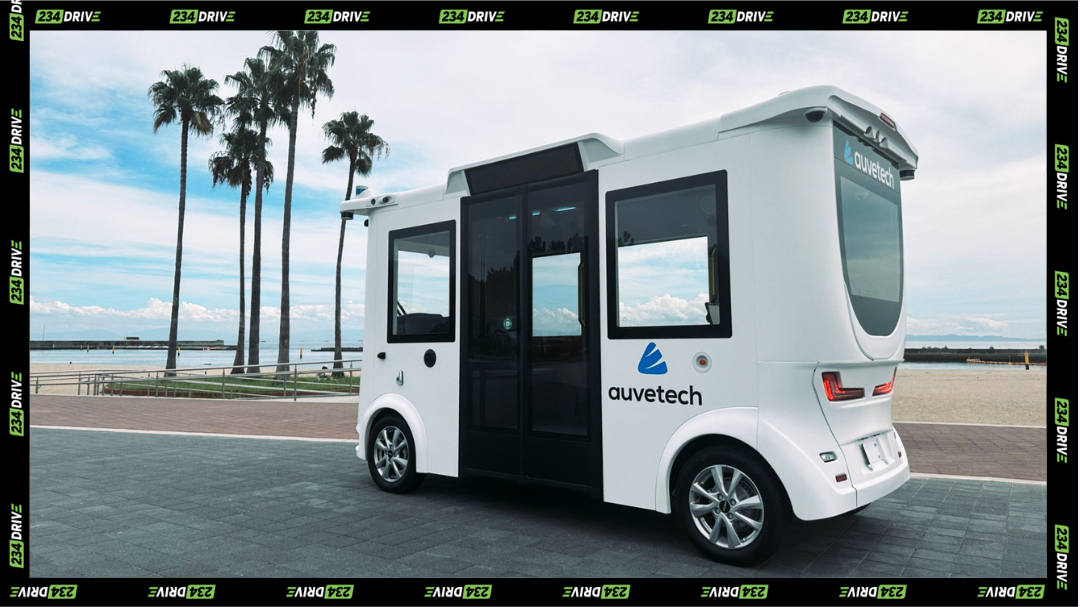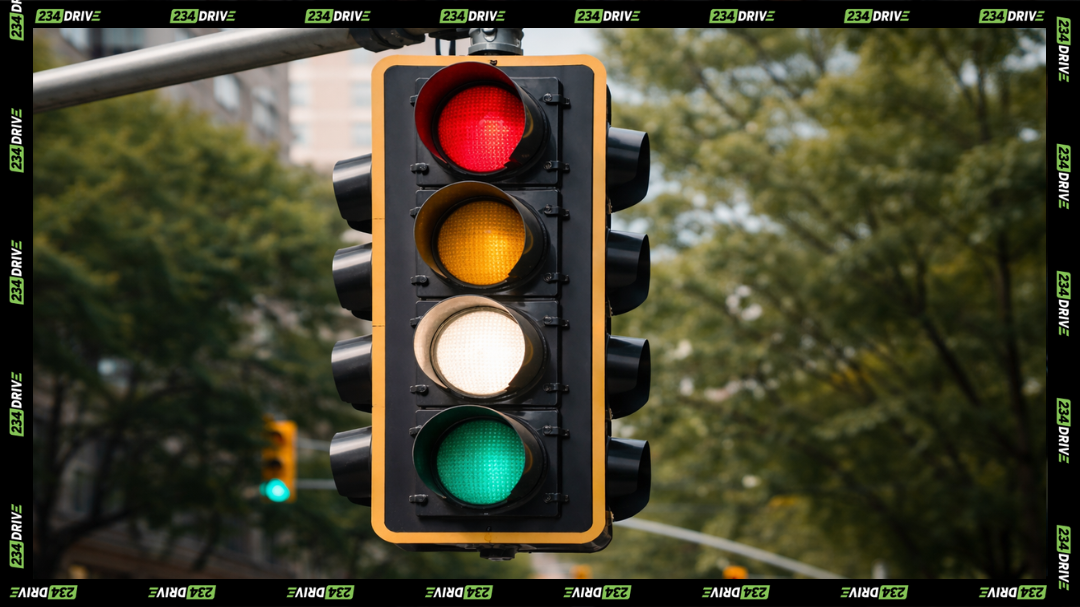The global automotive recycling industry, valued at $60 billion, is the largest producer of recycled products worldwide, with each car consisting of more than 30,000 parts. Given that the average car has a lifespan of 16 years and over 80 million cars are produced annually, recycling vehicles has become crucial for environmental protection. As the industry continues to evolve, ELV Regulation (End-of-Life Vehicle Regulation) plays a significant role in ensuring that the recycling process remains sustainable and efficient, helping to reduce waste and conserve resources.
The Federal Government of Nigeria, in partnership with the National Automotive Design and Development Council (NADDC), is now taking after countries like America, Japan, China—to name a few—in setting up an End-Of-Life Vehicle Recycling Regulation to boost the economy and environmental sustainability.
This progressive move by NADDC is expected to contribute to the recycling of valuable raw materials, thereby generating significant revenue for the economy. The NADDC initiative also aims to enhance road safety by removing unsafe vehicles from the roads.
What does this mean for car owners in Nigeria ?
It is important to note that there are existing ELV recycling stations in Nigeria, with the most popular one being Owode Onirin, but they all pose a hazard to the environment because the processes employed in recycling vehicles are harmful to both the environment and to the people carrying out the recycling.
They lack the proper tools, machines and technical know-how to carry out ELV recycling to the point of recovering valuable materials in the best form needed for optimal economic valuation.
The NADDC is planning to work with every stakeholder in the Automotive sector of Nigeria ranging from the manufacturers, distributors, Federal Road Safety Commission (FRSC), Vehicle Inspection Units (VIO), Customs Service, car dealers, car owners, public transport operators and so on in making sure that the ELV regulation is adopted.
An ELV levy is going to be imposed on every car owner, both private and commercial, to enable NADDC generate revenue needed to put the recycling assembly in place and run it at scale.
According to the National Bureau of Statistics, Nigeria had about 11.8 million vehicles on the road in 2018 and about 3952 vehicles were involved in accidents at Q1 of 2024. These vehicles involved in the accidents are potential ELVs waiting to be recycled and this could play a significant role in diversifying the Nigerian economy.
Every vehicle will first go through a Vehicle Inspection Test after paying the ELV recycling fee and cars that fail the test will automatically be recycled while cars that pass will get the Roadworthiness certificate ,which implies that any car that is not worthy of a Road Worthiness Certificate is an automatic ELV that will be recycled just like a burnt/accident car.
At the launch event on Wednesday 5th March 2025, the Minister of State for Industry, Senator John Owan Enoh, stressed that the regulation is a crucial part of Nigeria’s broader vision to build a thriving automotive industry while protecting the environment.
The successful implementation of the ELV regulation promises to place Nigeria as a Global leader in sustainable industrial practices, paving the way for a cleaner, greener, and more rewarding future.


